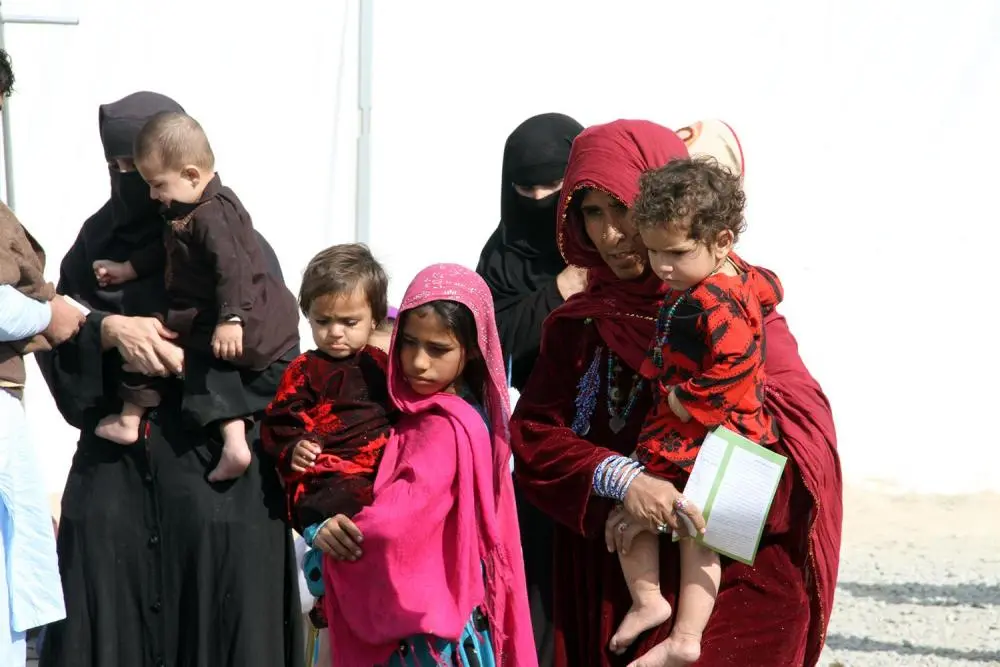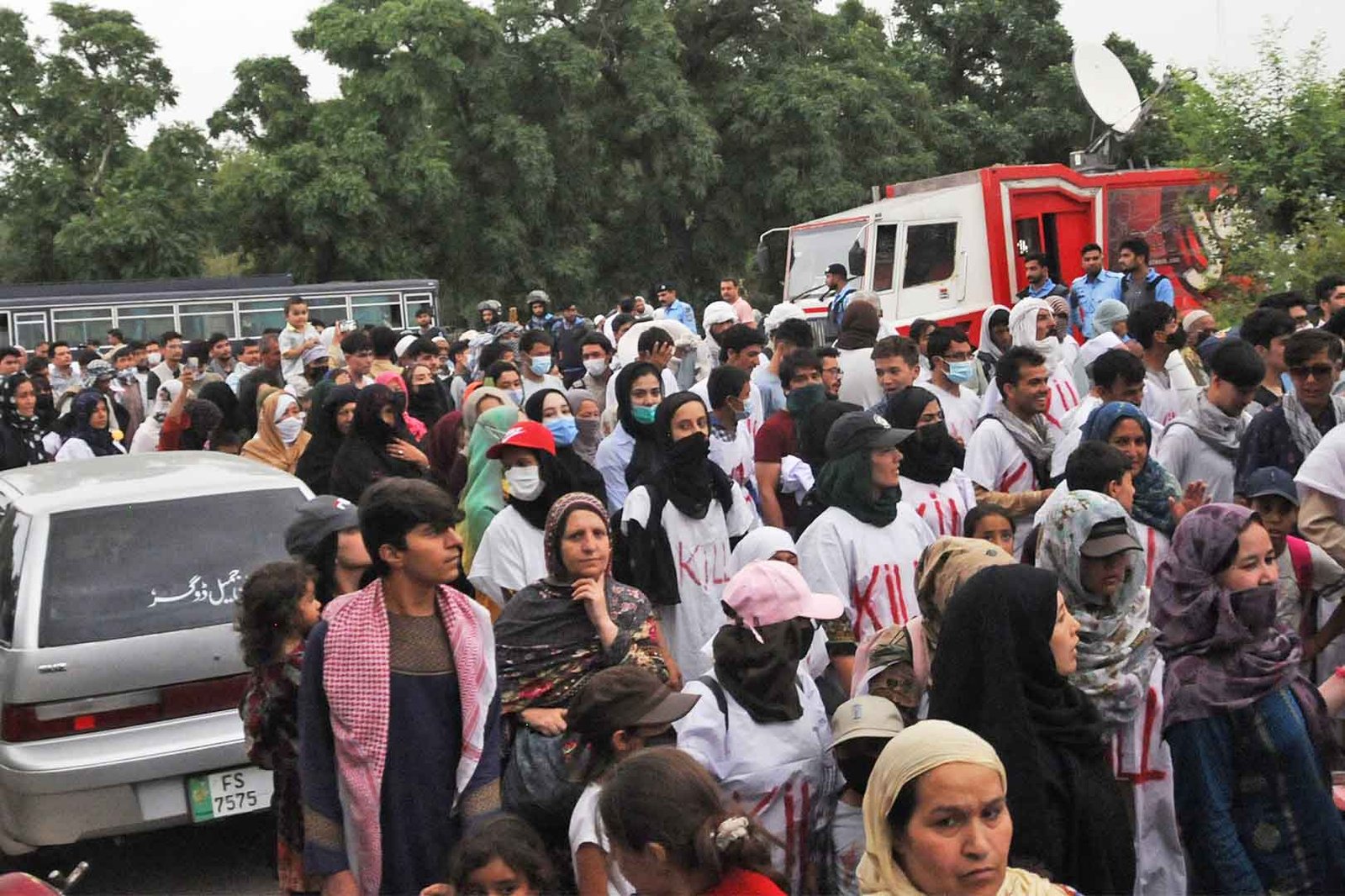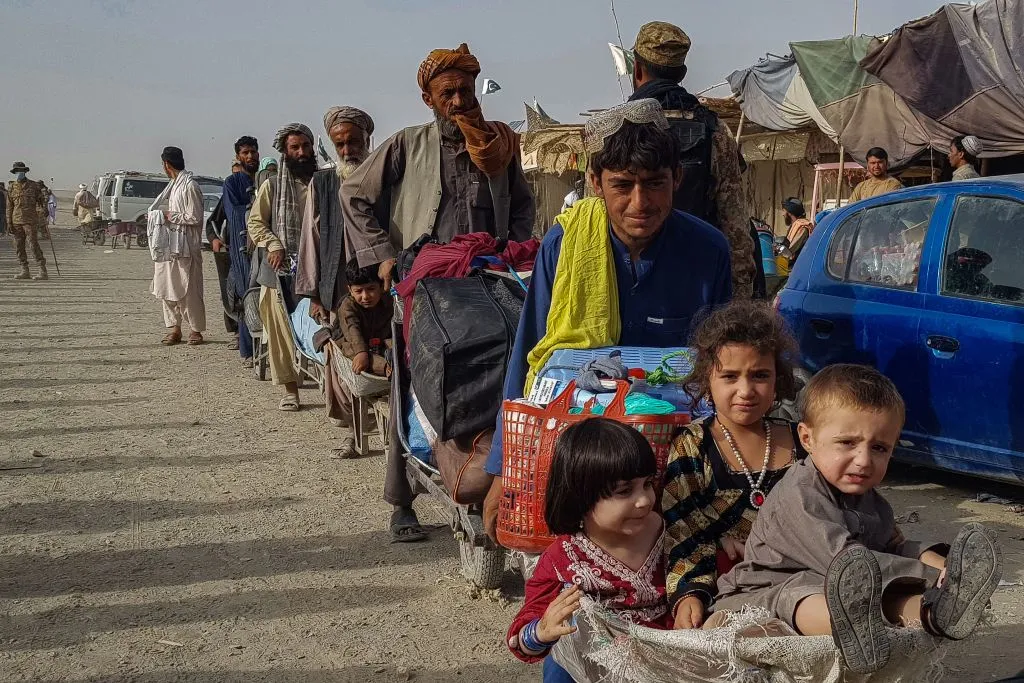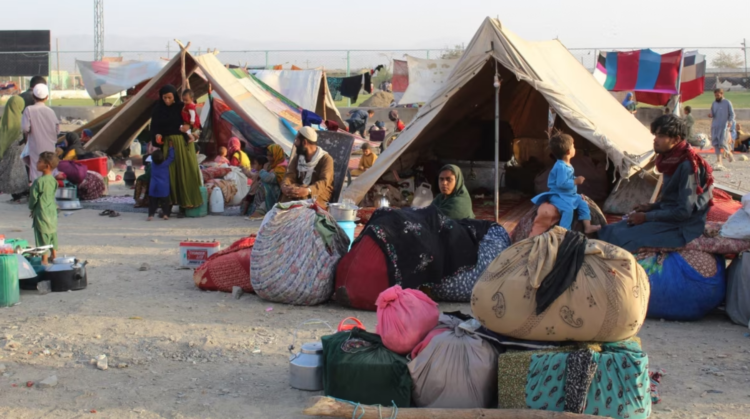In 2007, Pakistan initiated a registration process for Afghan refugees within its borders, issuing Proof of Registration (POR) cards. These cards offered temporary legal status, freedom of movement, and exemption from the Foreigners Act of 1946. Originally intended to last until 2017, this arrangement was extended due to ongoing instability in Afghanistan. Subsequently, any new Afghan refugees were required to undergo the refugee status determination procedure conducted by the United Nations High Commissioner for Refugees (UNHCR).
It is essential to clarify that Afghan refugees in Pakistan do not possess permanent residence rights. The burden on countries like Pakistan, already grappling with economic and political challenges, cannot be further exacerbated by an influx of refugees. Beyond the economic strain, there is also the concern of individuals entering Pakistan under the guise of refugees, potentially causing additional problems.
Salman Khan completes 35 years in Hindi cinema
Over 800 held in a crackdown against child marriages
India tells Canada to withdraw 41 diplomats by October 10
For more such Opinions & blogs, click here.

The primary aim of this program was to provide a safe haven for Afghans who might be targeted by the Taliban due to their affiliations with the United States. This includes those who do not qualify for the Special Immigration Visa (SIV) program, which covers interpreters and others who worked for the U.S. government and their families.
According to a UNHCR report from October 2020, nearly five million Afghans remained displaced outside their home country, with 90 percent hosted by Pakistan and Iran. (Source: UNHCR. CITATON: “Refugees in Iran,” https://www.unhcr.org/ir/refugees-in-iran/
However, the recent resurgence of the Taliban in Afghanistan has led to an increase in terrorist attacks within Pakistan. The security risks posed by the presence of Afghan refugees have become a matter of grave concern.

Lt Gen Munir Afsar appointed as Nadra Chairman
PCB gets first female media boss
Master Tiles owner Sheikh Mahmood arrested over non-payment of power bills

Moreover, the Afghan Transit Trade agreement has been exploited by smugglers. A key factor contributing to this misuse was the decision made by the PTI government in October 2022 to halt the stamping of goods as “In Transit to Afghanistan” at Karachi Ports and Port Qasim. According to FO Spokesperson Mumtaz Zahra Baloch, this suspension has created a loophole, allowing taxes and customs fees to go unpaid on products intended for Afghanistan when they are returned to Pakistan.
In conclusion, the situation of Afghan refugees in Pakistan is complex and multifaceted. While there is a humanitarian aspect to consider, the security and economic concerns must also be addressed. Pakistan faces significant challenges in managing this refugee population, and a reevaluation of the situation, in consultation with international organizations like UNHCR, is essential to find a balanced and sustainable solution.
For more such Opinions & blogs, click here.

Indian Government Approves Border Intelligence Posts Along LAC
24 Patients, Including 12 Newborns, Die In Maharashtra Hospital In A Day
Katalin Kariko, Drew Weissman win Nobel Prize in medicine
Security officials involved in border smuggling to be court martialed: Bugti
The writer is a lawyer, academic and political analyst. She has authored a book titled ‘A Comparative Analysis of Media & Media Laws in Pakistan.’ She can be contacted at: yasmeenali62@gmail.com and tweets at @yasmeen_9
Stay tuned to Baaghi TV for more. Download our app for the latest news, updates & interesting content!






